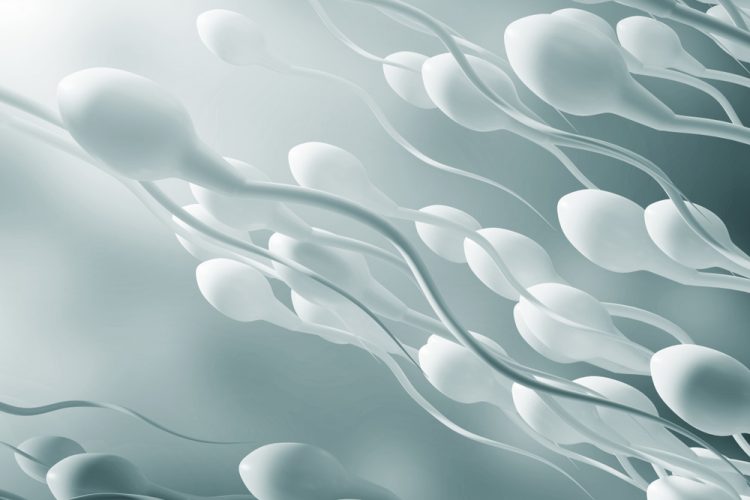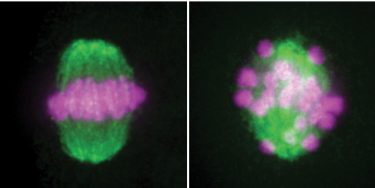Enzyme vital for sperm formation potential target for male infertility
Posted: 27 March 2020 | Victoria Rees (Drug Target Review) | 1 comment
Researchers have identified an enzyme required for the formation of sperm and chromosomal pairing, which they say could be a target to treat male infertility.


The process of making sperm, meiosis, takes about 14 days from start to finish. Six of these days are spent in the stage known as the pachytene, when pairs of chromosomes from an individual’s mother and father align and connect.
Now, researchers have identified an enzyme that plays a crucial role in maintaining the chromosomal pairing during the pachytene stage of meiosis. Without this protein, named SKP1, meiosis cannot proceed to metaphase, the next major developmental stage involved in generating sperm cells.
“This stage is really important, because the pair needs to be aligned for the exchange of genetic material between those two chromosomes,” said P Jeremy Wang, a biologist in Penn’s School of Veterinary Medicine, US, where the research was conducted. “If anything goes wrong at this stage, it can cause a defect in meiosis and problems in the resulting sperm, leading to infertility, pregnancy loss or birth defects.”
The researchers say their finding may help overcome hurdles that have stood in the way of treating certain forms of male infertility, in which a man makes no sperm but in whom sperm’s precursor cells, spermatogonia, can be found.
“Reproductive technologies like in vitro fertilisation have made a huge difference for infertile patients, but the male needs to have at least some sperm,” said Wang. “If the male has no sperm, then the only option is to use donor sperm. But if you can find these spermatogonia, the pre-meiotic germ cells, they could be induced to go through meiosis and make sperm. So SKP1 could be part of the solution to ensuring meiosis continues.”


The activity of the SKP1 protein is crucial for sperm formation, Penn Vet scientists found. In a dividing sperm precursor cell, chromosomes (in purple) normally align in the middle, as shown on the left. However in cells lacking SKP1, as shown on the right, chromosomes fail to align and are instead distributed chaotically around the cell [credit: Courtesy of the Wang laboratory].
The team began focusing on SKP1 after conducting a screening test to look for proteins found in the area where the paired chromosomes come together during the pachytene stage of meiosis. From earlier studies, the researchers knew that SKP1 also plays a role in cell division in cells throughout the body; without it, cells die.
Unable to simply eliminate the protein, the team created a model system in mice in which they could turn off the protein only in the germ cells and only in adulthood.
“Taking this inducible, germ-cell-specific model, we found that taking away SKP1 caused the chromosomes to prematurely separate,” said Wang.
While the normal alignment process in the pachytene stage takes six days in mice, in the cells that lost SKP1 the paired chromosomes separated far earlier.
Scientists have hypothesised the existence of a metaphase competence factor, or some protein required for a cell to enter metaphase – Wang believes that this is SKP1. Wang is also hopeful that his finding could aid in basic research on sperm development that his and many other labs pursue.
“Right now we use animals to do our research; we do not have a cell culture system to produce sperm,” he explained. “Manipulating SKP1 and the pathway in which it acts could allow us to set up an in vitro system to produce sperm artificially, which would be a boon for our studies.”
The results are published in Science Advances.
Related topics
Drug Targets, in vitro fertilisation (IVF), Research & Development, Targets
Related conditions
Male infertility
Related organisations
Pennsylvania University
Related people
P. Jeremy Wang



This was very intellectual